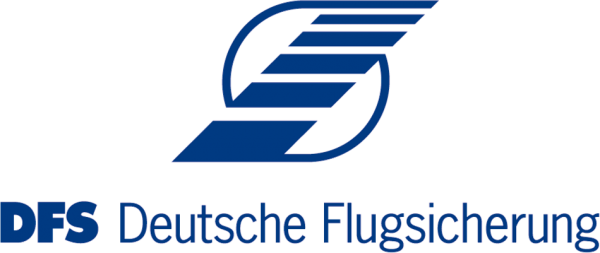DFS - Air Traffic Control
| Company | DFS Deutsche Flugsicherung GmbH |
|---|---|
| Date | 08.07.2010 |
Shortage of air traffic controllers may cause delays
Today DFS briefed the press about the traffic situation in the airspace above North Rhine-Westphalia and the effect on Düsseldorf Airport. Dieter Kaden, the CEO of DFS, described the extremely complex air situation and the staffing situation in the Langen control centre, which is responsible for this airspace. According to Mr Kaden, these are the main reasons for the bottlenecks or delays that may occur in the coming months.
The current situation can be attributed to the inaccurate traffic forecasts made after the terror attacks of September 11. At that time, a much lower growth in air traffic volume had been forecast than later turned out to be the case. DFS is tasked by the German government with handling air traffic not only safely and expeditiously, but also economically in order to keep the air navigation charges for airlines at a tolerable level. Therefore, all costs, including staff costs, as the largest cost element, were carefully examined. In addition, there were staff shortages in the control sectors responsible for traffic in the airspace above North Rhine-Westphalia. On the one hand, these problems resulted from absences of staff due to illness, pregnancy and disability, while on the other hand agreements made at the time with the union exacerbated the situation.
It takes approximately four years to train an air traffic controller from the time they are recruited until they acquire their licence. In North-Rhine Westphalia, however, it takes even longer due to the airspace complexity. This airspace is one of the most complex in Europe because of the large airports such as Düsseldorf and Cologne, the terminal areas of the airports of Frankfurt, Amsterdam and Brussels and several smaller airports.
Transferring controllers from locations with fewer staffing problems to areas with greater need is not an option due to the different licensing and training requirements. Not only DFS, but all of Europe, is suffering from a shortage of controllers.
To overcome this challenge, DFS has intensified its training efforts. It is also hiring ready entries; these are air traffic controllers who have already completed their training abroad and only need to acquire the necessary licences in Germany.
In spring 2010, the airspace between Frankfurt and Amsterdam was optimised in cooperation with the Dutch air navigation service provider. This programme is called AMRUFRA, an acronym for Amsterdam, Ruhr and Frankfurt. The airspace was made a little less complex in order to meet the growing traffic volume and to prevent bottlenecks in this highly complex and busy airspace.
Moreover, the DFS Board of Managing Directors reached an agreement with the union that increases the flexibility of staff scheduling. The DFS CEO thanked the staff for their willingness to work extra hours and for their tremendous flexibility at this difficult time. Nevertheless, Mr Kaden commented that, as the school holidays kick off, we could experience a tight squeeze. It may not necessarily be the case, but if the staffing level drops for whatever reason, some holidaymakers may reach their destinations with a delay. In the worst case, the staff shortages will continue until spring 2011.
DFS Deutsche Flugsicherung GmbH, the German air navigation service provider, is a State-owned company under private law and has 5,600 employees. DFS ensures the safe and punctual flow of air traffic over Germany. Staff coordinate up to 10,000 aircraft movements in German airspace every day, and nearly three million movements every year. This makes Germany the country with the highest traffic volume in Europe. DFS operates control centres in Langen, Bremen, Karlsruhe and Munich. In addition, DFS is represented in the Eurocontrol Centre in Maastricht, the Netherlands, and in the control towers of the 16 international German airports. DFS provides training and consultancy services around the world and develops and sells air traffic management systems, surveillance systems and navigation aids. The company's portfolio also comprises flight-relevant data, aeronautical publications and aeronautical information services. DFS has the following business units: Control Centre, Tower, Aeronautical Solutions and Aeronautical Information Management.
Contact
Aeronautical Solutions
Am DFS-Campus 10
Langen
Germany
D-63225
- +49 (0)6103 707-2051

